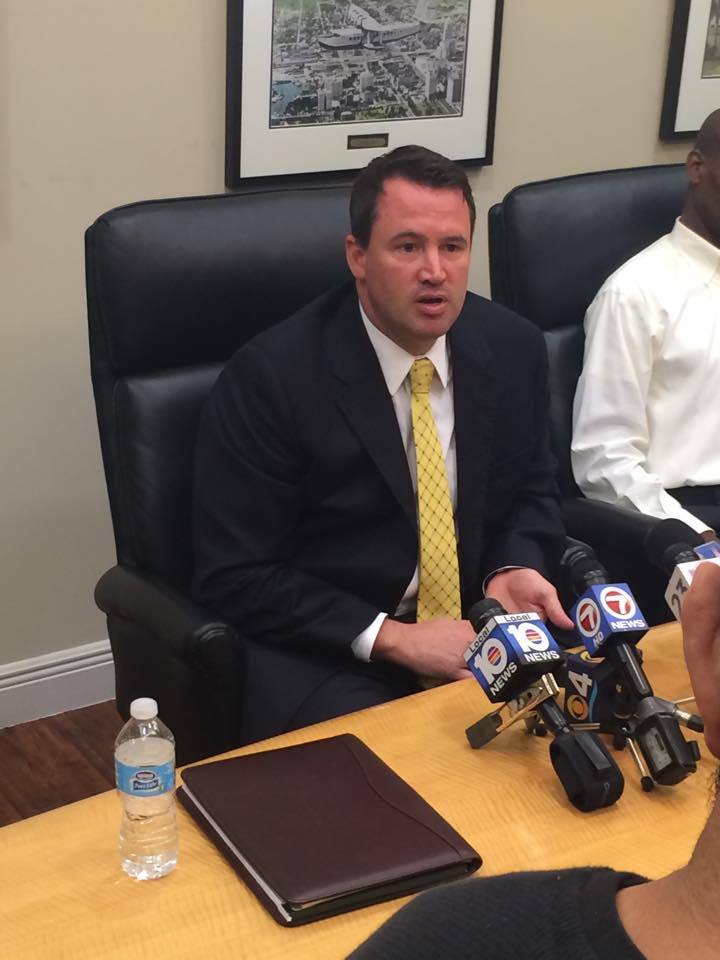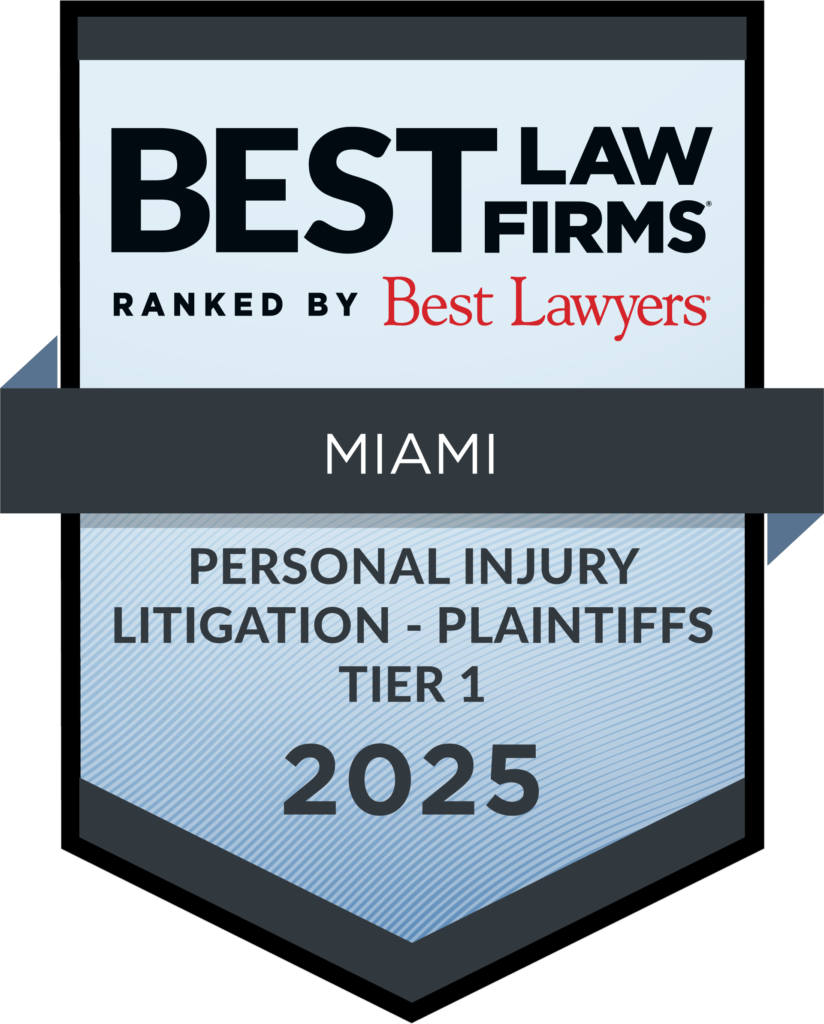Common Conditions that Give Rise to a Premises Liability Case
By Douglas McCarron, The Haggard Law Firm
In my experience, the most common condition in any premises liability case is the lack of guardianship of the property. In most instances, the property owner and/or manager fails to put in place policies and procedures that ensure that the premises is kept in a reasonably safe condition. For example, in many negligent security cases it becomes obvious that the owner and management fail to do anything that assesses violent crime occurring at the property. Without knowing what type of crime is happening, it is nearly impossible to know what type of security measures are needed. How can the owner make decisions about access control, manned security, and surveillance cameras, if they have failed to gather the crime statistics for the property and the surrounding area? The answer is simple, they do not know and consequently violent crime continues to victimize the property’s guests and invitees. In slip and fall cases, many properties fail to ensure that their employees follow the internal policies and procedures to maintain the property in a safe manner. This leads to dangerous conditions being left on the property for an unacceptable amount of time.
If property owners simply prepare policies and procedures for their employees to follow and have appropriate supervision to ensure that the policies and procedures are being followed, then the most dangerous conditions would cease to exist. Obviously, financial considerations come into play for the property owners. In developing a premises liability case, it is important to discover exactly what property owners are failing to do and why they are failing to do it. Jurors do not appreciate property owners turning a blind eye and pleading ignorance. Jurors also do not accept that the owners do not want to put the necessary resources (money) into the property to make it safe.

Just today, my partner Todd Michaels, secured a $2.65 million dollar verdict in a negligent security case in Clay County, Florida. The facts of the case demonstrated that the property knew that there was a upswing in crime at the property. Instead of being proactive, the property owner allowed the access control gates to remain broken for over 6 months. The property owner’s failure caused the death of our client during a burglary attempt to his sister’s home. This is a prime example of how juries will find for a victim in light of a property owner refusing to make their property safe.
As discussed, when preparing a premises liability case, it is extremely important to go through what policies and procedures a property owner has put into place and whether they are being followed. Just as important is why a property owner is failing to take the reasonable steps to make sure that the property is safe. Get all written policies and procedures as soon as possible – send written discovery requesting this information with the filing of the Complaint. Follow this with detailed depositions of management and the property employees. Armed with this information, it will become easy to show that the property owner and/or management dug their head in the sand and were at fault for your client’s injury or death.
















